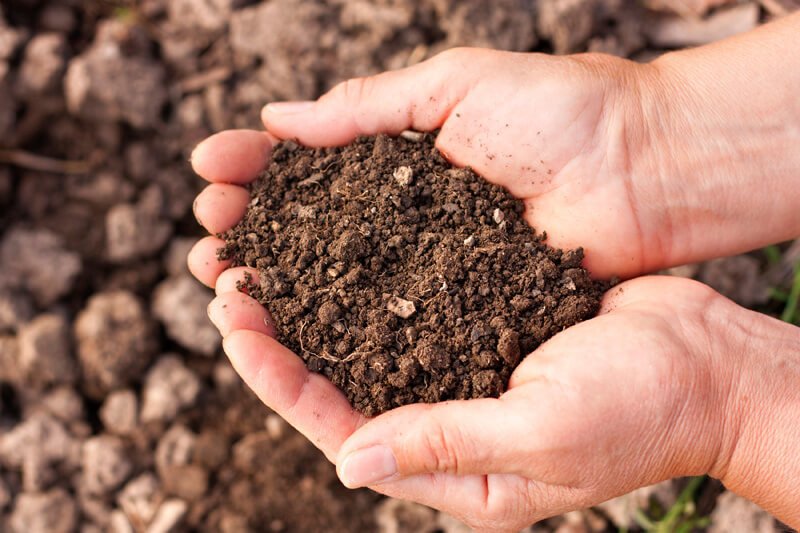The next time you stroll outside after the rain, thank the soil bacteria below for the sweet, earthy smell that fills the air.
…
“These bacteria are everywhere. You can dig them up in your own backyard,” notes Neil Price, a chemist with the USDA’s Agricultural Research Service (ARS). For Price, though, it’s just a matter of pulling a specimen tube from the ARS Microbial Culture Collection, a repository of nearly 100,000 strains of bacteria.
…
The collection includes the Penicillium fungus strain (found on a moldy cantaloupe) used to mass-produce penicillin, a powerful antibiotic that saved countless soldiers’ lives during World War II and civilians thereafter. Decades of use has since enabled some germs to develop resistance to penicillin. Currently, germs resistant to penicillin and other antibiotics account for 23,000 U.S. deaths annually.
One counter strategy could come from tunicamycin, a natural compound made by certain soil bacteria that repel rival microbes.
…
But those hopes were dashed with the subsequent finding that tunicamycin also blocks a key protein in human and animal cells. Price’s group has now overcome this hurdle by retooling the compound so that it poses little or no harm to human and animal cells but still kills germs.
In laboratory trials, mixing the rebuilt tunicamycin with oxacillin and other penicillin-based drugs increased their antibacterial activity by 32- to 64-fold.
Read full, original post: A Bacterial Reboot for Penicillin































